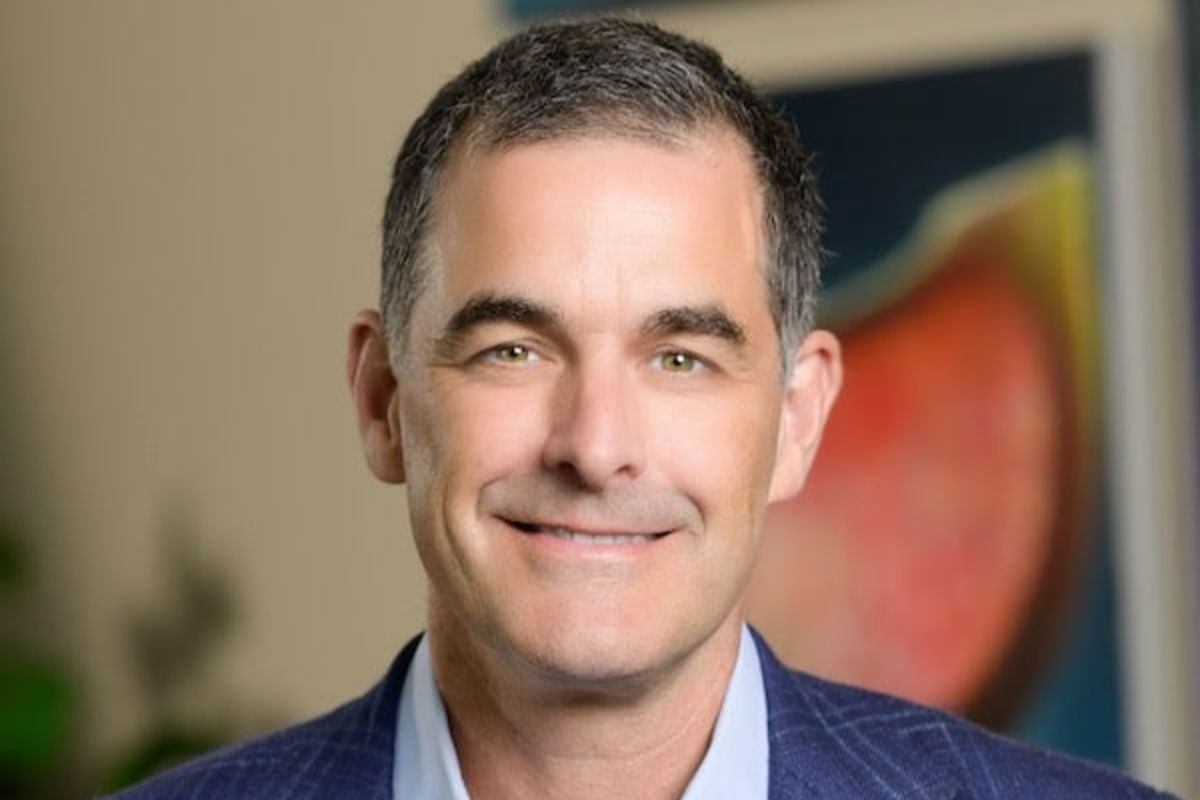

For over two decades, Wyc Grousbeck and his group ran the Celtics through highs and heartbreaks. Back in 2002, they bought the team for $360 million, forming “Banner 17 LLC” to chase one goal: title number seventeen. They reached that goal in 2008 and again in 2024. But by late 2023, the franchise had skyrocketed in value to $4.7 billion. Eventually, family and estate planning pushed the Grousbecks to consider stepping away, especially with rising payroll pressure.
Watch What’s Trending Now!
In May, William Chisholm stepped in with a blockbuster move. His group, including Rob Hale and Bruce Beal Jr., agreed to buy the Celtics for a jaw-dropping $6.1 billion. That broke records, becoming the most expensive franchise sale in North American sports history. Chisholm didn’t hide his emotions either. “I bleed green,” he told ESPN’s Shams Charania. “This process to buy the team started just under 50 years ago when I had my 7th birthday and attended a game.” But ownership of a franchise such as the Celtics doesn’t come easy.
Financial expert Jeffrey Kaplan recently unpacked Chisholm’s direction during an interview with Front Office Sports. Kaplan shared why this purchase wasn’t just emotional; rather, it was strategic. He said, “The Celtics, you know, I would put them in the category of the Yankees and the Cowboys and Manchester United, and they’re an iconic global brand.“ He also pointed to the NBA’s evolving rules around payroll and profit margins. According to Kaplan, “Boston will have to grow into its valuation with those issues today, but Chisholm is betting that this is, you know, one of the top 10 sports franchises in the world.”
ADVERTISEMENT
So, is this about turning passion into profit?
View this post on Instagram
The Celtics have made some big changes this offseason. Kristaps Porziņģis and Jrue Holiday were traded. Sam Hauser is gone, and Al Horford remains in the middle of trade rumors. It’s been a busy, puzzling offseason. Fans didn’t expect a near-breakup of a Finals core just weeks after they raised the trophy. Some felt heartbroken. Others were curious about what’s next. Is Chisholm clearing cap space? Or reshaping the roster for longevity? The moves may feel sudden, but behind them could be a calculated long-term play.
ADVERTISEMENT
Why William Chisholm might build a new Celtics arena, and what it means for Boston’s future
When the Celtics hit the market last year, it stunned everyone. They had just lifted their 18th championship banner, and suddenly, the franchise was being sold. Even more surprising was the $6.3 billion price tag, especially since it didn’t include TD Garden, their longtime home. The Garden is owned by the Jacobs family and shared with the Boston Bruins, so the Celtics don’t benefit from full arena profits. That’s a big deal, especially in today’s NBA economy.
ADVERTISEMENT
Without control of the arena, offseason money from concerts and events flows elsewhere. For many franchises, venue ownership is the engine that drives year-round cash flow. Take the Warriors, for instance. They didn’t own Oracle Arena, so they built Chase Center in 2019 and took control of everything from naming rights to offseason events. With Chisholm now steering Boston, people are asking: could he follow the same path? According to some reports, the wheels might already be turning.
“The NBA has increased its demands on team venues and wants a replacement for the older or antiquated arenas,” Gary Washburn wrote. “Could that potentially mean TD Garden, which has undergone a facelift but is 30 years old? Potentially. It’s believed that soon-to-be governor Bill Chisholm will look into the construction of a new arena since the Celtics do not own TD Garden. The most profitable means for an NBA owner in today’s landscape is arena ownership.” That’s a telling quote and not one to ignore.
Top Stories
NBA Announces Emergency Meeting With Cavs After Luka Doncic Injury: 3 Potential Fixes for Raised Court

“Deserve Less Money”: Caitlin Clark, Angel Reese Rivalry Drives Strong WNBA Stance From Ex-Volleyball Player

Ex-ESPN Anchor Calls Out a Hidden Caitlin Clark Problem Few Are Acknowledging

“I’ll Trade His A–”: Nico Harrison’s Real Reason for Luka Doncic Trade Revealed by ESPN Insider

Ayesha Curry Makes a Plea for Children Suffering in Gaza As Public Donates $2,100,415 for Humanitarian Cause

So, where would this new Celtics arena even go? Boston’s age and layout make space hard to find. However, Everett has come up in talks, especially around the Encore Boston Harbor Casino area. The land there is open and relatively underused, but nothing official has been announced. Still, a move like this wouldn’t happen overnight. From planning to groundbreaking, this kind of project could take years to come to life.
ADVERTISEMENT
If it happens, though, the Celtics would finally control their own house. That kind of control brings in more money, which could allow the front office to keep stars, sign free agents, and build more freely. With Grousbeck, the Celtics missed the playoffs just three times in 23 years. That level of consistency came from ownership doing what was right for the team. If Chisholm wants to keep that same reputation, full arena ownership might be his next big step.
ADVERTISEMENT
ADVERTISEMENT
ADVERTISEMENT